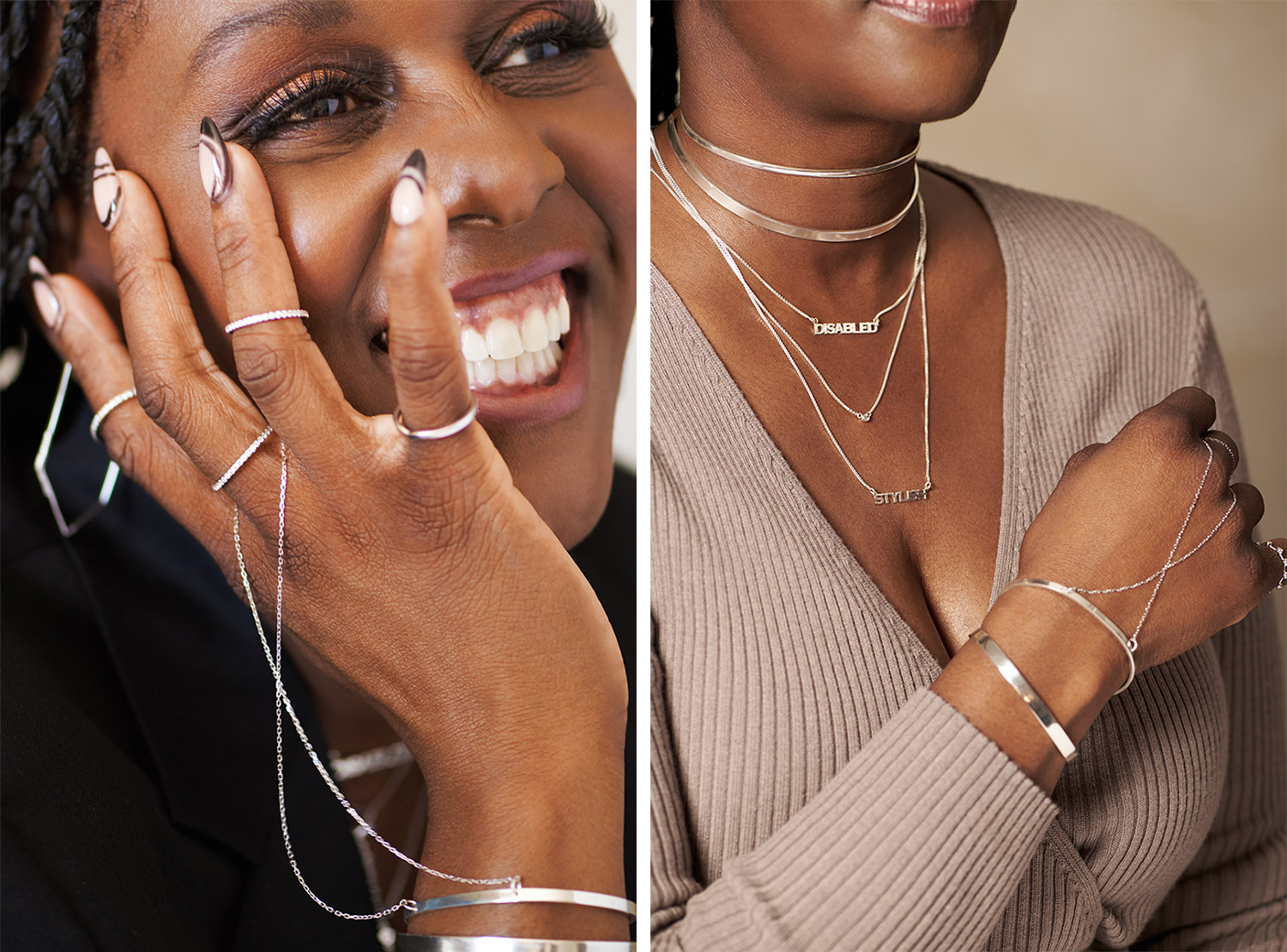When Molly Wang, founder and CEO of jewelry brand Lafonn, introduced the Bracelet Helper to retailers selling her line last September, she called it a “jewelry game changer,” and for good reason.
The Bracelet Helper is designed to hold one end of a bracelet securely in place, allowing the wearer to fasten the clasp without assistance. Using the tool, Wang says people with disabilities can wear their favorite jewelry quickly, easily and independently.
This fall, Wang began offering the Bracelet Helper (a $3 value) free with the purchase of all Lafonn bracelets. She says she wants dealers to understand why these types of aids are important.Wang has suffered from rheumatoid arthritis for more than 20 years, and she often gets frustrated when she needs help wearing her jewelry. The Bracelet Aid is for anyone who suffers from arthritis, limited dexterity or other hand-related problems. “I created Lafonn with the mission of empowering women through beautifully crafted, affordable jewelry, which includes making it wearable for women of all abilities,” Wang said.
Fashion and luxury experts, as well as workers with disabilities, say others in the jewelry industry should follow Wang’s example. The number of people with disabilities is expected to increase in the coming years as the total population ages. That means more luxury consumers will want jewelry that is both stylish and adaptable, and they will want to support brands that care about these issues.
“As people with disabilities, we control about $21 billion in discretionary income,” entrepreneur and disability rights advocate Tiffany Yu told the Women’s Jewelry Association (WJA) “Making a Community Impact” breakfast at JCK Las Vegas in June. ” to an attentive audience at the breakfast. “We have some money and we want to spend it.”

Stephanie Thomas models pieces from her “Disabled + Stylish” collection with Cut + Clarity. (Photo courtesy of Cut + Clarity)
Brands that remain accessible, offer adaptive jewelry and employ people with disabilities may be more likely to appeal to these and other consumers, including younger shoppers who tend to be more concerned about social issues.
Stephanie Thomas, founder of Cur8able, says, “Universal design accessories, including fine jewelry, are an untapped market.” Cur8able is a styling service that specializes in disability fashion and has consulted for brands such as Nike and Zappos. “It’s not just about money being left on the table. It’s also a social return on investment.”
